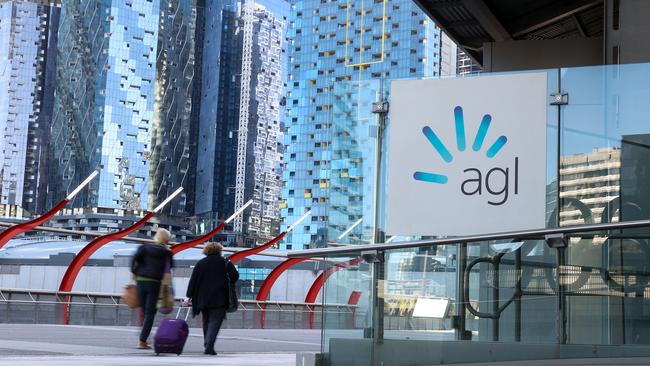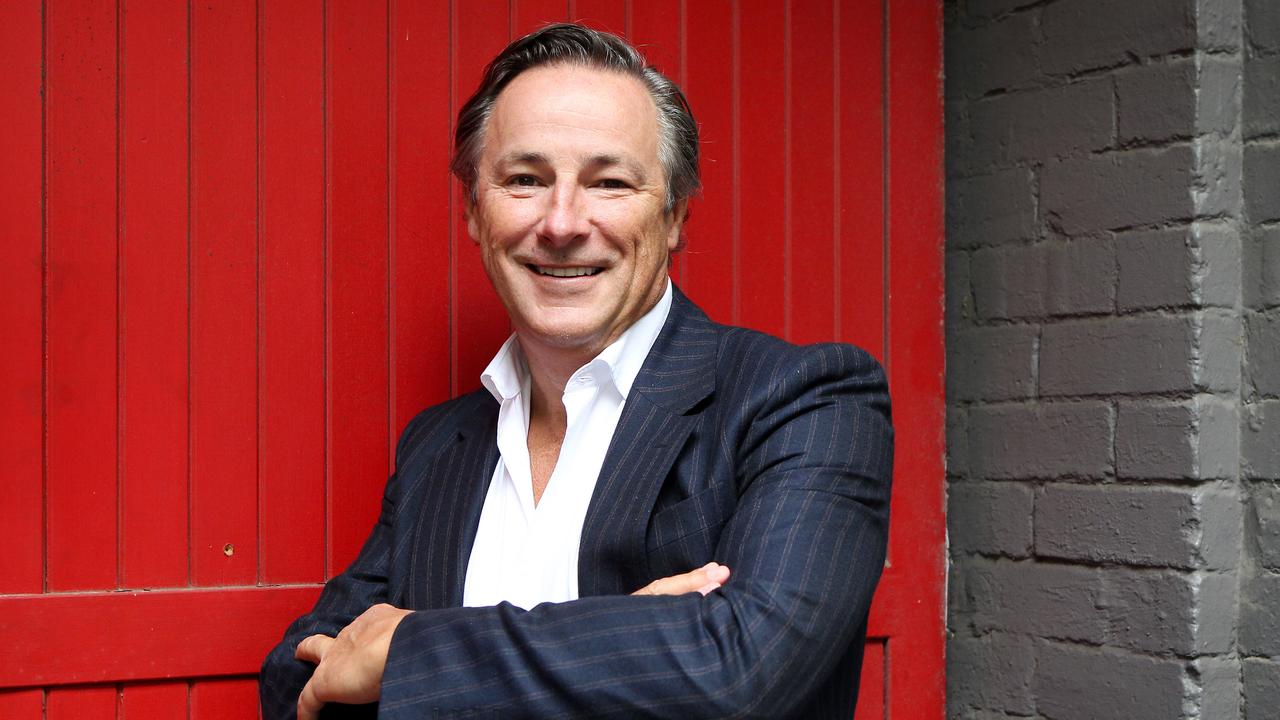AGL Energy dumps demerger as shareholders baulk, strategic review in sight
AGL Energy will dump long-running plans to demerge its coal-focused generation business – with chief executive Graeme Hunt expected to leave the company.

AGL Energy will dump long-running plans to demerge its coal-focused generation business – with chief executive Graeme Hunt expected to leave the company.
As first revealed online by The Australian on Sunday afternoon, AGL is considering a strategic review of its operations instead.
The company was discussing emergency options with a formal board meeting to be held early Monday morning. AGL now appears resigned to its demerger plans lacking sufficient shareholder support to be approved at a ballot scheduled for June 15.
Atlassian founder Mike Cannon-Brookes, who has used his considerable wealth to build up a 11.3 per cent stake in AGL, is publicly campaigning for the demerger plans to be dumped.
The potential shelving of demerger plans was first revealed by The Australian on Sunday.
Mr Cannon-Brookes, who was part of an earlier, failed takeover bid for the entirety of AGL alongside asset manager Brookfield, on Friday wrote to the energy company’s board demanding two seats if the demerger plan did not proceed. He warned the board should be prepared for the plan to fail.
AGL chairman Peter Botten is also expected to leave, with Mr Cannon-Brookes pushing for an independent chairman.
AGL declined to comment.
On Sunday, one option under consideration was a strategic review that could increase the likelihood the company would be sold off, sources indicated.
The AGL demerger would require approval of 75 per cent of shares voted at the meeting, and influential proxy advisory groups are yet to tell clients their views on the proposal. Sources close to Mr Cannon-Brookes said on Sunday that an overwhelming majority of shareholders who had engaged with his Grok Ventures viewed the demerger unfavourably.

Mr Cannon-Brookes has also accused AGL of having no plan should he be successful in derailing the company restructure and the positions of Mr Hunt and Mr Botten may become untenable if they have lost the support of additional shareholders. With AGL’s small shareholder base accounting for half of its register, the battle to win over retail investors remains a critical path for Grok.
Mr Cannon-Brookes has floated a proposal for the company to phase out coal by 2035 and make green loans available to customers to switch households to 100 per cent renewable electricity.
The demerger plans have split the market, with Grok finding support among other major investors including high-profile fund manager Geoff Wilson, who last week said he had taken a stake in AGL and was concerned splitting the company would leave both businesses unable to drive or pay for decarbonisation plans.
Separately, HESTA chief executive Debby Blakey said the superannuation fund was not convinced the demerger plans would help accelerate AGL’s decarbonisation to meet Paris-aligned targets, nor manage the risk of stranded assets.
The AGL demerger plans endured a rocky start after then AGL executive Brett Redman resigned from the company in April just four weeks after touting the merits of the plan.
The appointment of Mr Hunt, the company’s former chairman, as his interim replacement also unsettled some in the market. Mr Hunt was named as chief executive of Accel, which will operate the power generation assets. Former Australia Post executive Christine Corbett will take charge of the renamed AGL Australia, the retailer.
Mr Botten, a former Oil Search chief, was to chair Accel with AGL‘s non-executive director Patricia McKenzie chair of AGL Australia.
Some in the market, however, do support the demerger plans.
Last week, Morningstar analyst Adrian Atkins wrote: “While it’s true there will be extra costs and a loss of scale compared with the status quo, it is irrelevant as banks won’t support the business in its current form.”
“A better question is whether the demerger is better value than Cannon-Brookes’ plan of closing the coal power stations early, and we believe it is,” he wrote. “Cannon-Brookes also believes that Accel won’t be financially viable … a quick glance at electricity futures prices should have disavowed (him) of this view.”








To join the conversation, please log in. Don't have an account? Register
Join the conversation, you are commenting as Logout